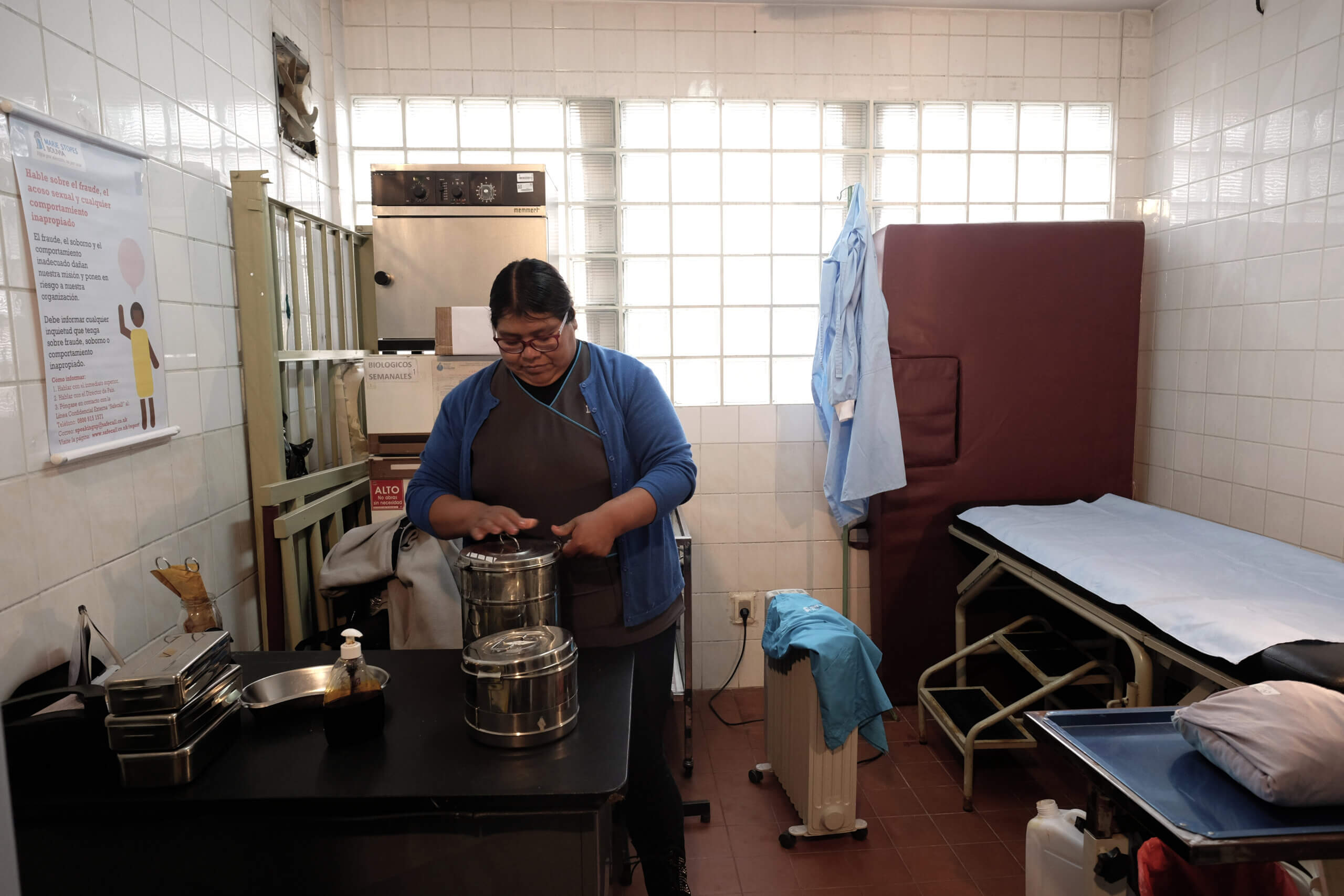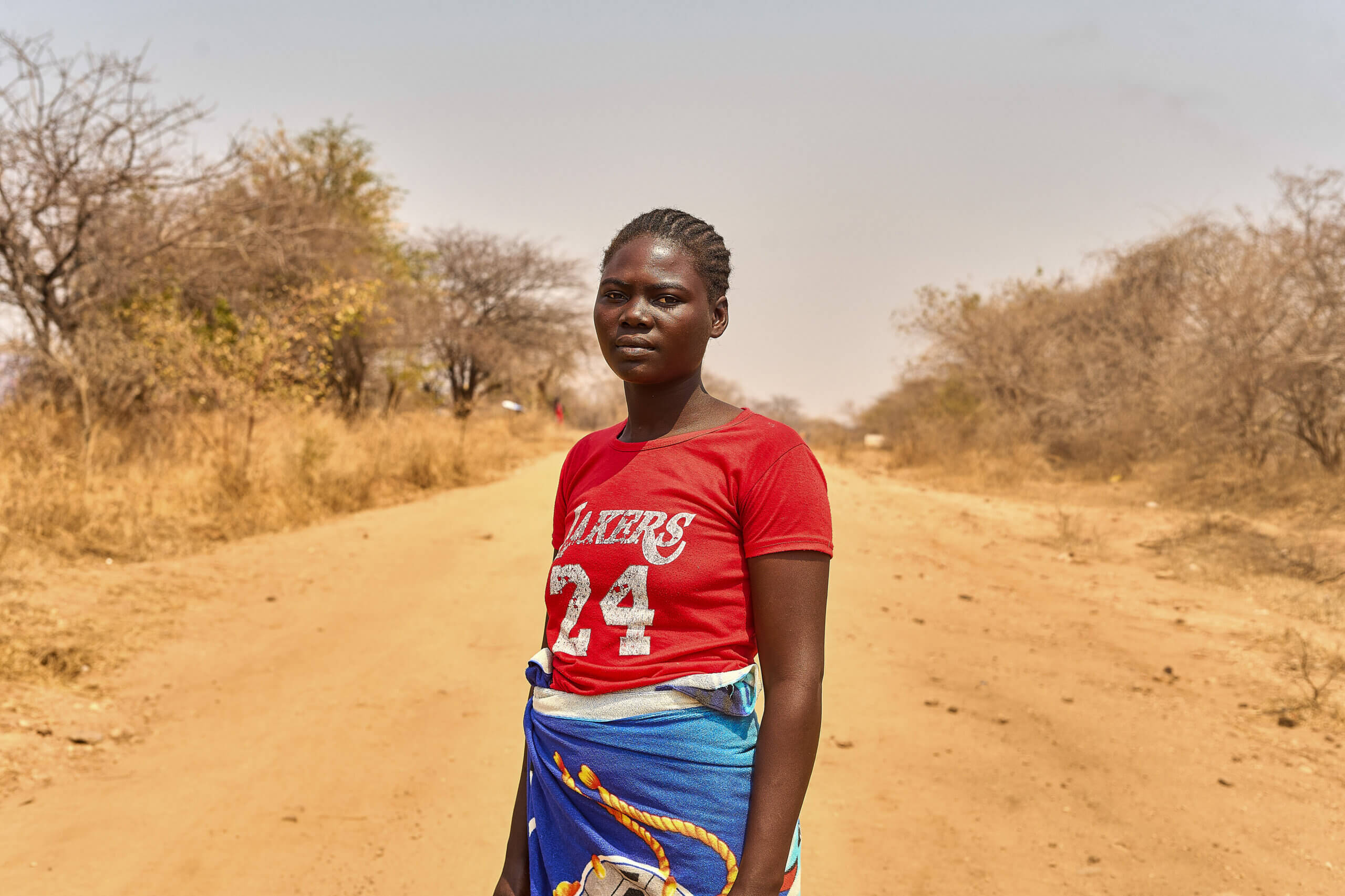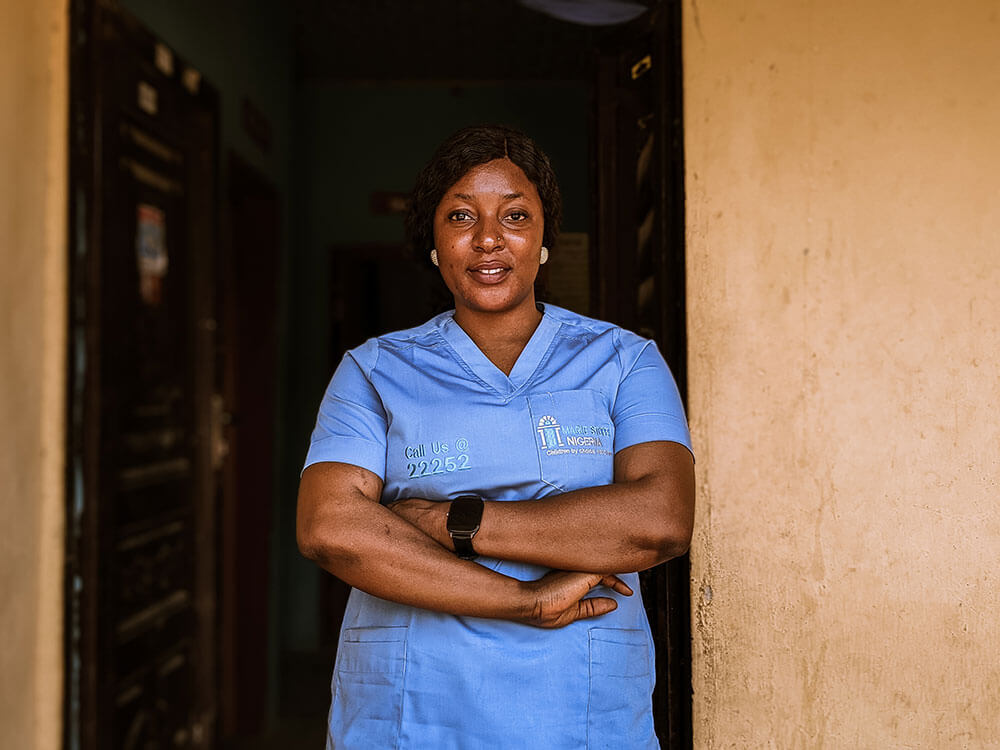I choose choice by advocating as a religious leader
MSI is made up of almost 9,000 dedicated professionals fighting for and delivering reproductive choice around the world. We partner with thousands more individuals and organizations to make choice possible for women and girls. In our 2023 Annual Review, you’ll hear from our healthcare providers, clients and partners about why and how they choose choice.
By Reverend Cliff, Malawi
Reverend Cliff is a minister of the church, and coordinates the ‘Religious Leaders Network for Choice’ in Malawi. They partner with MSI Malawi to fight for reproductive rights. He shares why religious leaders have a unique power to expand access to contraception and abortion.
I don’t know how much you may have in common with me, a deeply religious man living in Malawi. But given that you’re reading this, I expect that you, like me, choose choice.
Many ask me why I choose to be both a religious leader and an advocate for reproductive rights. Well, I believe religion is for moral guidance, not an all-powerful conscience. We need to liberate people, not just from sin but all sorts of social injustice—including the way that we deprive people of their sexual and reproductive health and rights.
PARTNERING WITH RELIGIOUS LEADERS
In MSI programs like Afghanistan, Malawi, Tanzania, and Senegal, our teams work closely with Muslim, Christian, and traditional religious leaders to build acceptance for choice.
ALMOST 100 CHANGES IN 8 YEARS
MSI works with grassroots, local, national, and global partners across six continents to ensure women and girls aren’t denied healthcare and rights. Since 2016, we’ve contributed to the reform of over 92 policies.
Download the full 2023 Annual Review
I choose choice because I look around with open eyes and an open heart. The lived experiences of individuals are guided by so many things, and religion is just one.
So I take in the whole picture: the women dying from unsafe abortions; the high instances of child marriage, teenage pregnancies, and sexually transmitted infections; people struggling without information about their own reproductive health. Will any personal or community growth come out of this?
The landscape right now is worrisome. The overturning of Roe v. Wade (abortion rights) in the USA has empowered the anti-choice movement everywhere. Malawi has not been spared. We already have one of the world’s most restrictive abortion laws, and we have so-called ‘pro-family’ groups blocking our nation’s progressive legal reforms.
But I turn my worry into action. Many look to religious leaders for direction about how to live their lives, and I know I have a unique power and voice to make change. The popular view is that religion is inherently anti-choice. But I happen to know many religious people who are pro-choice because of their faith, and some of us came together in 2019 to form the ‘Religious Leaders Network for Choice.’ The bottom line is that all people should have the power and resources to make decisions about their bodies. And we work closely with MSI and in coalition with other local organizations to make that a reality.

I value our partnership with MSI. They help us build our capacity to change mindsets. I (and my peers) now confidently deliver Values Clarification and Attitude Transformation (VCAT) workshops to different stakeholders including other religious and community leaders. We sensitively challenge negative attitudes and beliefs on abortion and contraception. When someone like me facilitates these learning sessions, they’re even more powerful. I know many people who had a rigid stance against abortion and youth access to contraception because of their faith, who then changed their whole perspective. I’ve seen some of them turn into champions for choice in their communities.
Download the full 2023 Annual Review
With MSI’s support, we ramped up our advocacy in 2023. We’ve now trained over 1,000 religious leaders, 350 traditional leaders, 100 journalists, and have engaged with youth and MPs. We created more resources on the intersection of religion and reproductive choice to help combat all the misinformation. Working with MSI has given us a platform for exposure and networking both locally and internationally—meaning more impact.
Advocacy and culture change takes time. But the most important thing is that we eventually do achieve full access to sexual and reproductive health services and reproductive justice for all. The current surge of youth-led initiatives demanding change is a great motivator for me, and so too are the deep partnerships we are building. I have studied liberation movements and how their efforts have borne fruit, and I am confident that change will come.”






